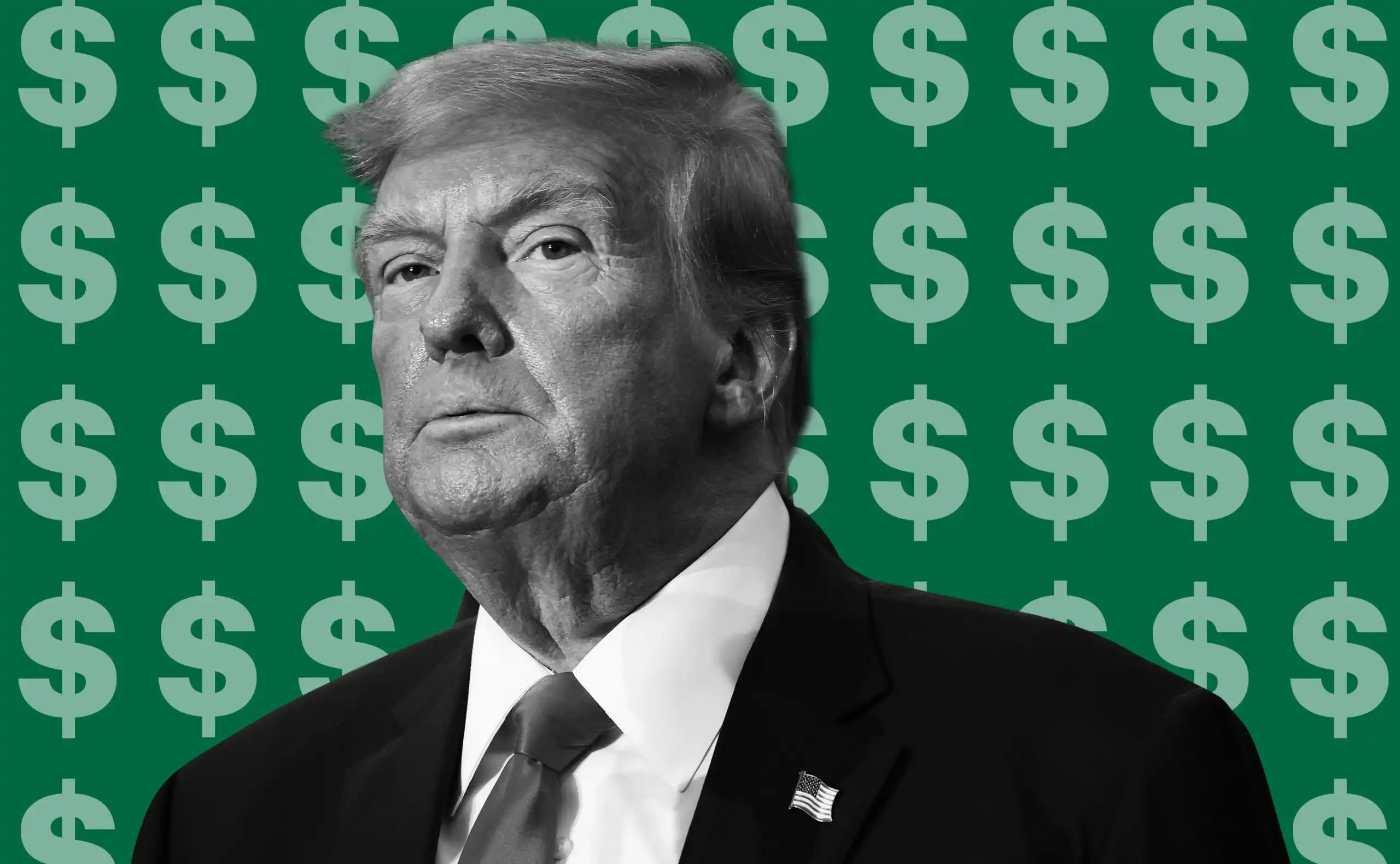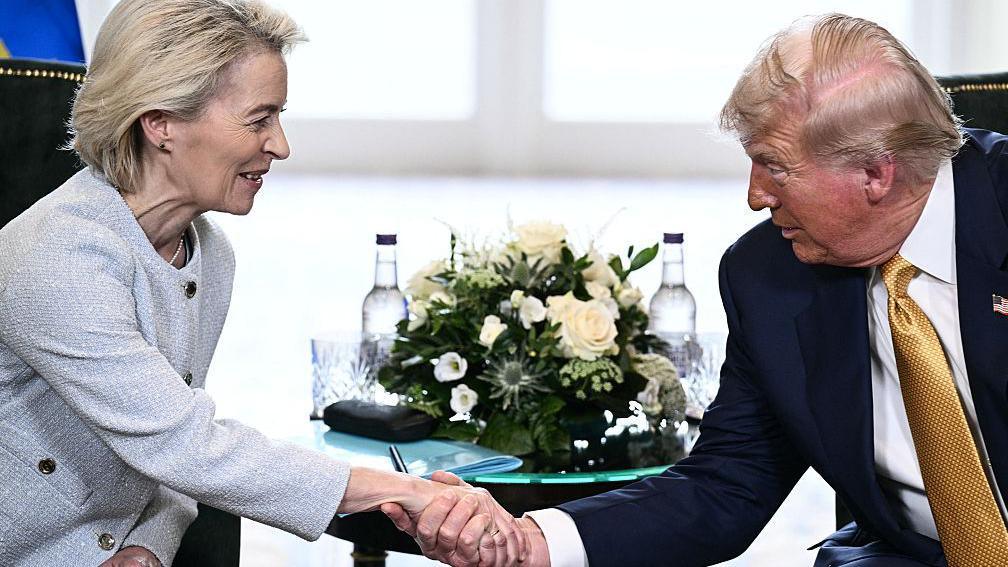President Donald Trump has urged the European Union to impose 100% tariffs on imports from China and India.
This unprecedented move aims to pressure Russian President Vladimir Putin to end the ongoing war in Ukraine. Trump made this request during a high-level meeting with EU officials in Washington, D.C., on September 9, 2025 according to The Guardian. The proposal reflects a strategic shift towards using economic leverage to influence Russia's actions.

Trump appears concerned as a federal court strikes down many of his global tariffs, highlighting the challenges in U.S.-China trade relations.
Strategic Rationale Behind the Tariff Proposal
China and India are significant buyers of Russian oil, providing essential revenue that supports Russia's economy and military operations. By targeting these nations with steep tariffs, Trump seeks to disrupt the economic support Russia receives from its key trading partners according to Reuters. The U.S. administration has indicated a willingness to implement similar measures, contingent upon EU cooperation. This joint approach underscores the importance of transatlantic unity in addressing global security concerns.
Potential Impact on Global Trade Relations
Implementing such high tariffs would mark a significant departure from traditional EU trade policies, which have primarily focused on direct sanctions against Russia according to BBC News. The proposed tariffs could strain EU-China and EU-India relations, potentially leading to retaliatory measures. Additionally, the move may affect global supply chains, particularly in sectors where these countries play pivotal roles.

President Donald Trump and Prime Minister Shigeru Ishiba seal the $550B U.S.–Japan trade deal with a handshake in the Oval Office.
Trump's Diplomatic Engagements with India and China
Despite the aggressive tariff proposal, Trump has expressed optimism about improving trade relations with India. He announced plans to speak with Indian Prime Minister Narendra Modi in the coming weeks to address trade barriers and strengthen bilateral ties. Conversely, China's foreign ministry has strongly opposed the proposed tariffs, viewing them as unjust economic pressure and a violation of international trade norms.
Broader Implications for U.S.-EU Relations
The proposal to impose 100% tariffs on China and India could redefine the economic relationship between the U.S. and the EU. While both share concerns over Russia's actions, differing approaches to trade and diplomacy may lead to tensions within the alliance. The EU's response to Trump's proposal will be critical in determining the future trajectory of transatlantic economic relations.

President Donald Trump’s bonds have made him millions of Dollars since taking office.
FAQs: People Also Ask About Trump's Tariffs
What are the primary objectives of Trump's tariff proposal?
The main goal is to reduce Russia's revenue from oil exports by targeting countries that continue to purchase Russian oil, thereby pressuring Russia to cease its military activities in Ukraine.
How have China and India responded to the proposal?
China has opposed the proposed tariffs, viewing them as unjust economic pressure. India's response has been more measured, with ongoing discussions about trade relations with the U.S.
What are the potential consequences for global supply chains?
The imposition of such high tariffs could disrupt supply chains, particularly in sectors where China and India are key suppliers, leading to increased costs and potential shortages.
How might this affect EU-China and EU-India relations?
The proposed tariffs could strain diplomatic and economic relations between the EU and these countries, potentially leading to retaliatory measures and a reevaluation of trade agreements.

Donald and Melania Trump pictured with U.S. Supreme Court justices as the president appeals the ruling on his controversial tariffs.
Final Thoughts
President Trump's call for the EU to impose 100% tariffs on China and India represents a significant escalation in economic diplomacy. While the intent is to pressure Russia over Ukraine, the broader implications for global trade and international relations remain to be seen.














